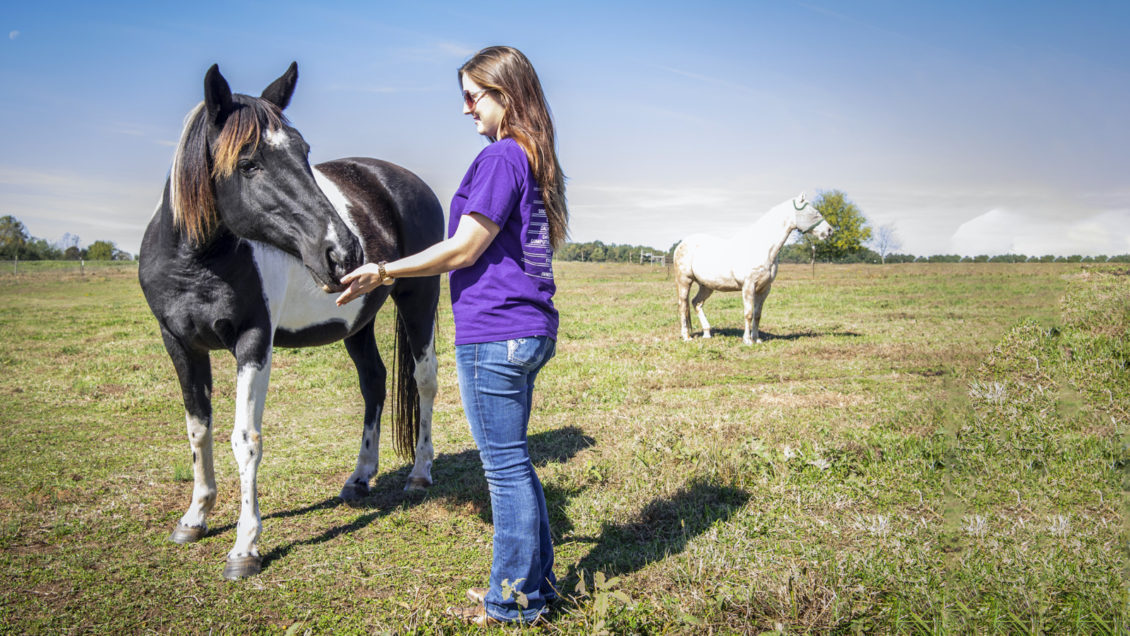The early arrival of West Nile Virus (WNV) to South Carolina resulted in the Jan. 22 euthanasia of a horse in Charleston County. The horse was not vaccinated and had no pasture mates.
According to Clemson University animal health officials, the mosquito-borne disease is about two months ahead of schedule, brought on by a wet, warm winter favored by insects, and should serve as a reminder to owners to vaccinate their animals.
“Because of the climate and increased number of mosquitoes to start the year, South Carolina is particularly susceptible to mosquito-borne diseases such as WNV. That’s why it is so important for owners of horses to ensure they work with a veterinary professional to follow a clearcut vaccine schedule for their animals,” said Michael Neault, S.C. State Veterinarian, and director of Clemson Livestock Poultry Health.
The diagnosis was made after blood samples were submitted to the National Veterinary Services Laboratories, and the disease was confirmed on Feb. 1.
While horse owners can take measures such as turning them in at dawn and dusk and using spray repellents, vaccination is the only surefire way to protect their horses from Eastern Equine Encephalitis (EEE), WNV and rabies.
Borne by mosquitoes, EEE and WNV have a very high mortality rate in infected, unvaccinated horses — between 30 and 40 percent for WNV and 90 percent for EEE. However, widespread vaccination has kept the number of cases comparatively low in South Carolina compared to nearby states.
Likewise, mosquito control is an important precaution. Both EEE and WNV are maintained in nature through a cycle involving the freshwater swamp mosquito, Culiseta melanura, commonly known as the black-tailed mosquito.
The EEE and WNV viruses are fast-acting. Symptoms of both diseases usually develop from two to five days after exposure and include neurologic difficulties such as stumbling, circling, head pressing, depression or apprehension, weakness of legs, partial paralysis, the inability to stand, muscle twitching or death.
In addition to EEE and WNV, other neurologic diseases, including rabies and EHV-1, can infect horses. Any livestock that display neurologic symptoms — stumbling, circling, head pressing, depression or apprehension — must be reported to the state veterinarian at 803-788-2260 within 48 hours, according to state law.
A list of reportable diseases, along with other resources, is published on the LPH website at
www.clemson.edu/public/lph/ahp/reportable-diseases.
Get in touch and we will connect you with the author or another expert.
Or email us at news@clemson.edu

